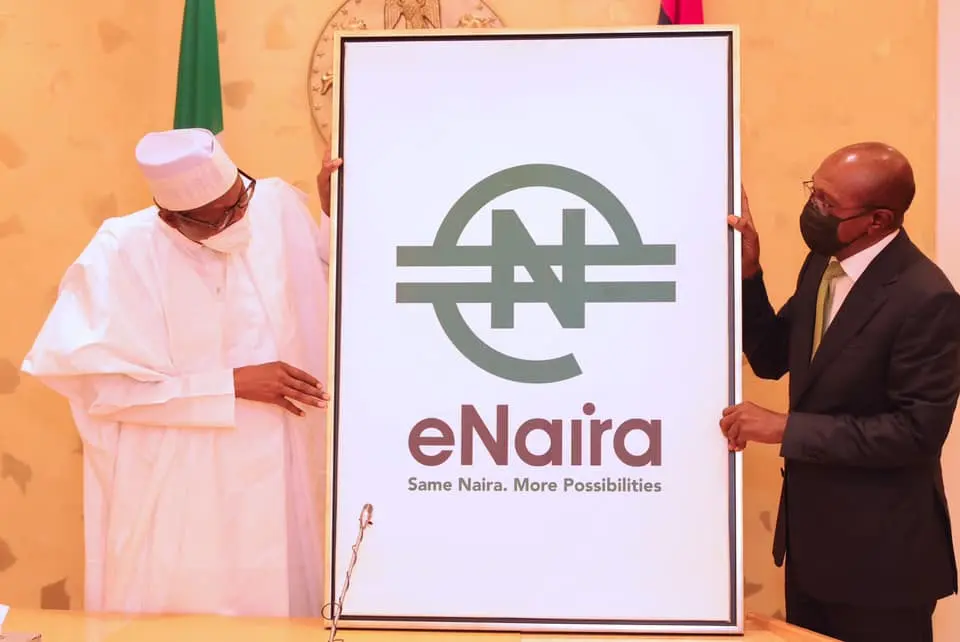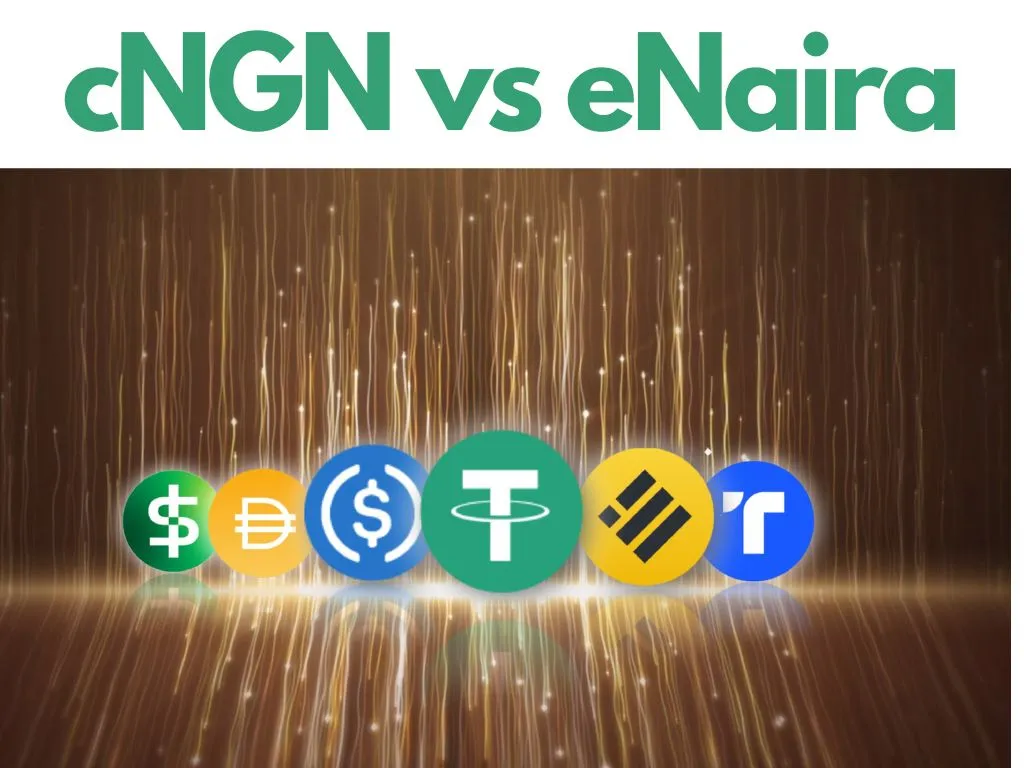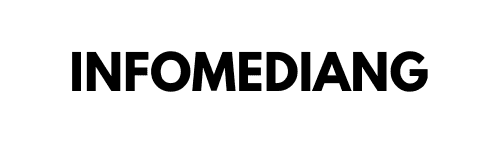The buzz around the proposed new cNGN stablecoin by the Africa Stablecoin Consortium (ASC), comprising four banks and five other blockchain stakeholders, is phenomenal.
Highlights
Unlike eNaira, which is a Central Bank Digital Currency (CBDC) owned and managed by the Central Bank of Nigeria (CBN) with various limitations and restrictions due to its design, cNGN, the new stablecoin on the African continent, will be free from bureaucratic limitations.


cNGN as a stablecoin
A stablecoin is a type of digital currency where its value is pegged to a reference asset such as fiat currency like USD, Naira, exchange-traded commodities, or another cryptocurrency, aiming to reduce volatility.
Like USDT, which is pegged to the US Dollar, the creators of cNGN state that its value will be pegged to the Naira. However, I was hoping to see it pegged to a more stable currency than the Naira, which experiences free falls in the foreign exchange market.
Differences between cNGN and eNaira
You may have heard about eNaira and its mode of operation, but not much about cNGN, which has no involvement from the Central Bank of Nigeria (CBN) except for regulatory financial policies.
Here are the distinctions between eNaira and the new cNGN:
Ownership:
While eNaira is the exclusive creation, owned and managed by the CBN, the new cNGN stablecoin will be owned and managed by a consortium of technology firms, comprising Access Bank, Providus Bank, First Bank, Sterling Bank, Interstellar, Convexity, Digital Currency Coalition, Alpha Geek, and Bantu under the brand name Africa Stablecoin Consortium (ASC), ensuring compliance with local financial regulations, including the Financial Stability Board (FSB) recommendations and the Global Stablecoin (GSC).
Limits:
There are different layers for individuals who want to set up an eNaira wallet, including Tier 0, Tier 1, Tier 2, and Tier 3. There are also wallets designed for both individuals and businesses.
In contrast, the cNGN token will function as a ‘pure’ stablecoin, and the amount you can hold will depend on your account verification stage on a cryptocurrency exchange.
There will not be any form of categorization for business and individual use. However, we are yet to receive more details until it is officially launched in February 2024.
Liabilities:
According to legal practitioner Opatola Victor, CBN will be held liable for any negligence committed through its actions or omissions regarding eNaira; he also criticizes the CBN’s disclaimer absolving itself from any liability
In contrast, the Africa Stablecoin Consortium (ASC) will bear liability for the operation and management of cNGN tokens in its custody.
Audit report:
There will be a quarterly audit report of the reserves of cNGN tokens. Users can also track the tokens in circulation on the public blockchains of Polygon, Tron, Bantu, BNB Smart Chain, and Ethereum. In contrast, as eNaira is on a private blockchain, the audit report has minimal trust.
Availability on Crypto Exchange:
When the cNGN stablecoin is officially launched on February 27, 2024 (although the announcement was later deleted), it is expected to be listed on cryptocurrency exchanges, like other existing stablecoins such as Tether (USDT), Binance USD (BUSD), USD Coin (USDC), and Liquidity USD (LUSD). In contrast, eNaira is not listed on any exchange.
Types of Blockchain:
While eNaira operates on a private blockchain due to the onboarding process passing through the CBN, sources indicate that the new cNGN stablecoin will be built on public blockchains.
Transparency:
As cNGN operates on a public blockchain, transactions become visible to all participants in the network, instilling trust as users can independently verify transactions.
In contrast, eNaira operates under the control of the Central Bank of Nigeria, with transaction details undisclosed to the public. The crucial data that could build trust is exclusively accessible to Nigeria’s apex bank, leaving users reliant on information provided by the CBN.
On multiple occasions, the former CBN management, led by the embattled Godwin Emefiele, engaged in promotional tactics.
One notable instance was a March 2023 statement issued in Abuja, claiming that 13 million e-wallets had been opened, resulting in transactions totaling N22 billion, as reported by BNNBloomberg.
In what appears to be a setback for the eNaira initiative, the International Monetary Fund (IMF) highlighted in its 46-page May report that over 98% of eNaira wallets were abandoned.
The report noted that the total downloads accounted for only 0.8% of Nigeria’s active bank accounts, signaling a significant challenge for the success of the eNaira.
Accessibility:
The cNGN stablecoin is designed for global accessibility, in contrast to the eNaira, which experiences minimal local usage.
Despite the authorities’ efforts, including the restriction of cryptocurrency trading in February 2021 as a precursor to the eNaira launch, attempts to compel Nigerians to adopt the eNaira have proven unsuccessful.
As of the time of this publication, the eNaira Speed Wallet has garnered fewer than 600,000 downloads on the Google Play Store. In comparison, there are 57 million bank account owners with BVN as of April 2023, according to the Nigeria Inter-Bank Settlement System (NIBSS).
This stark contrast highlights the low adoption rate of the eNaira, even though there are thousands of individuals who have enrolled using the USSD code *997#.
Mode of operation:
cNGN will function on a decentralized network of nodes, providing an advantage over eNaira, which operates on a centralized network tightly controlled by the CBN.
It is believed that eNGN will be resistant to censorship by a single entity, thereby fostering a more democratic and inclusive system, and promoting a decentralized financial system.




